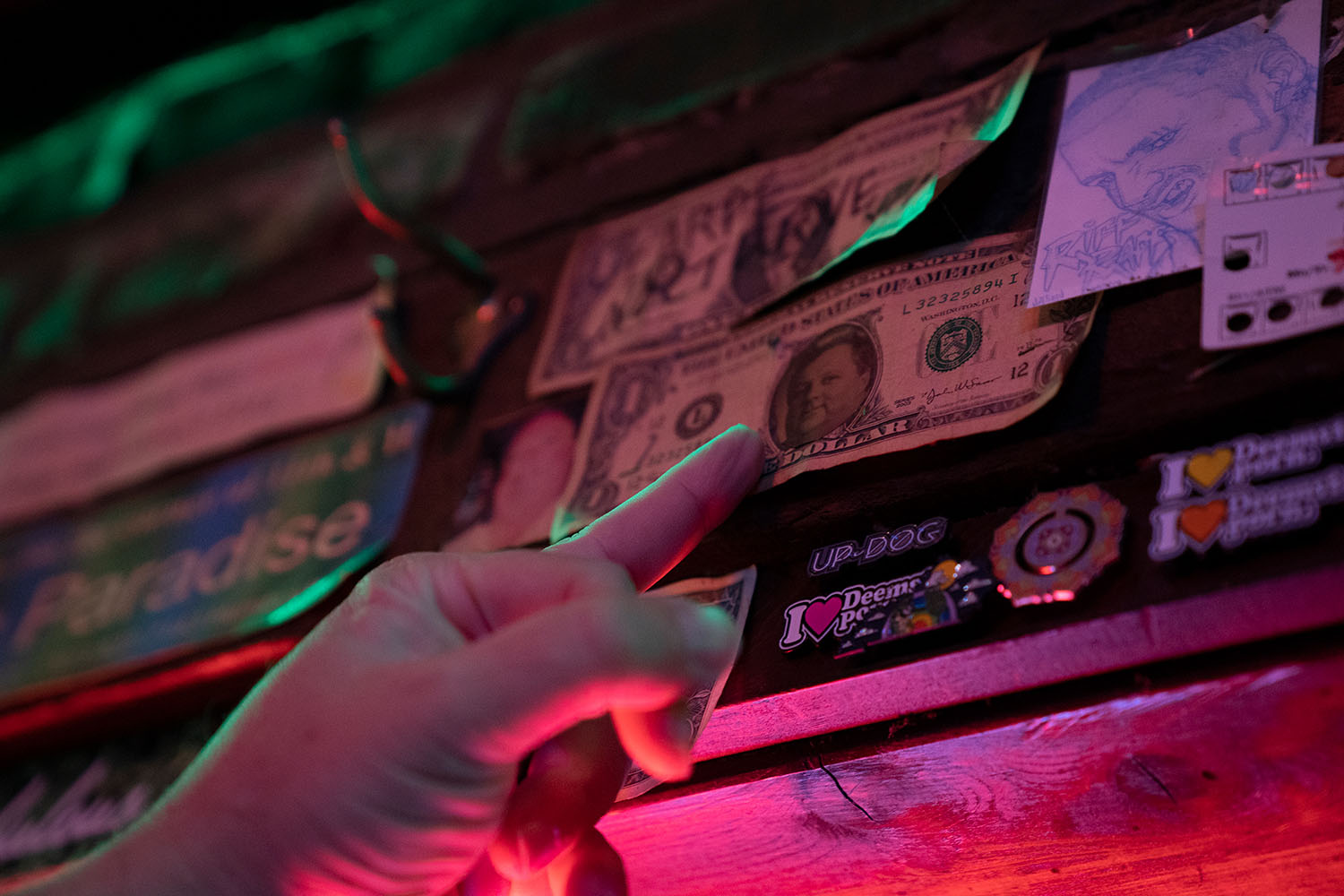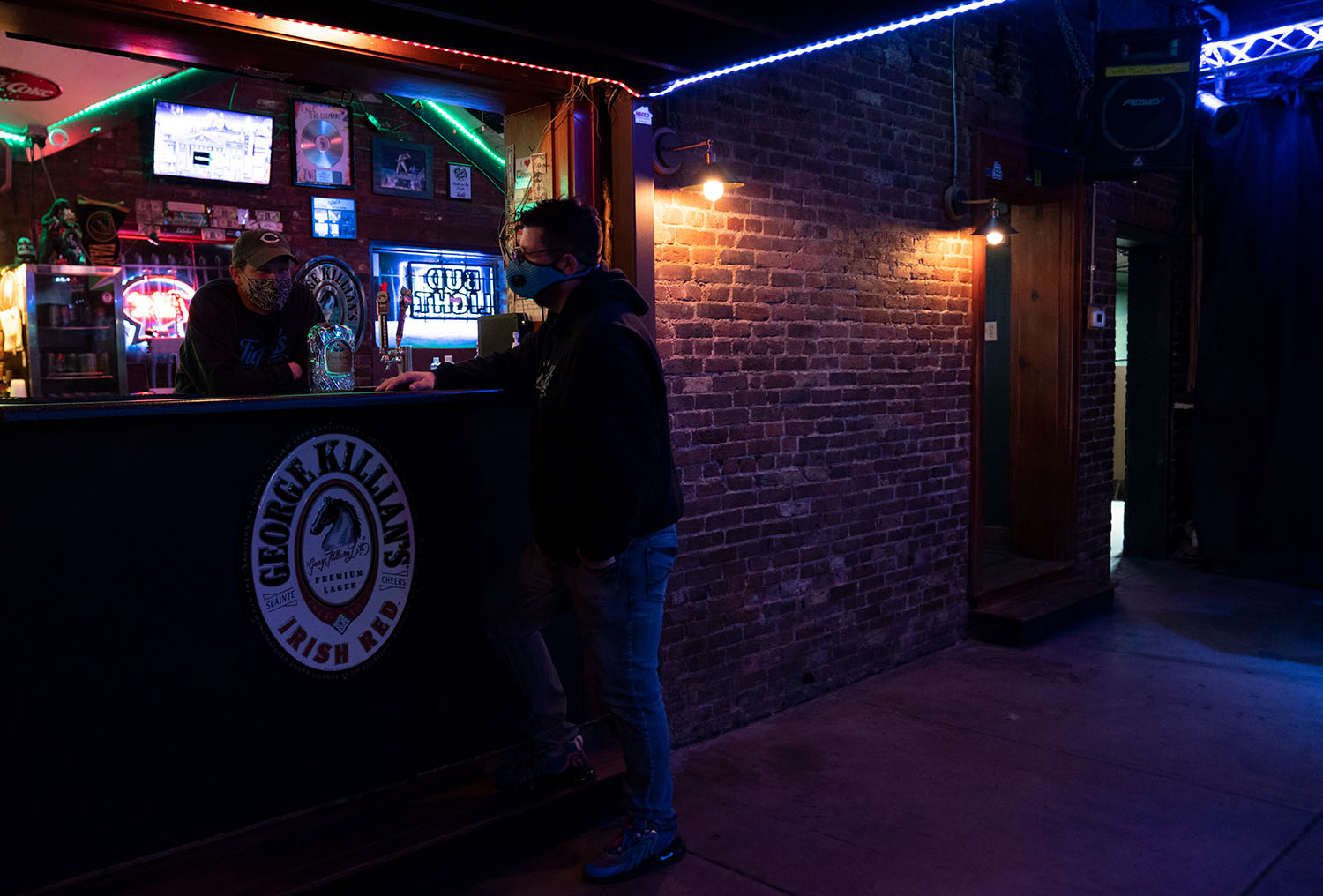Local rock and roll band El Astronauta was scheduled to play on March 13 at Rib Lickers Smoke Shack, a live music venue in Glasgow. Lead vocalist and bass player Dean Collier was surprised the gig wasn’t canceled.
On March 11, Gov. Andy Beshear made a public announcement warning the people of Kentucky about attending events that involved large groups. At this point, bars remained opened.
“We didn’t even think we were going to play that night, but we ended up playing it, and then literally that next day or the weekend after that’s when life started to shut down,” Collier said.
Since March, when the COVID-19 pandemic became more of a concern, many bands canceled shows and tours. Summer music festivals scrambled to reschedule only to cancel entire events, and local musicians were forced to postpone or cancel album releases.
With 62% of artists becoming fully unemployed, according to a recent survey by Americans For the Arts, COVID-19 has been one of the biggest challenges the music industry has faced.
“Clubs come and go; venues come and go; music genres fluctuate,” Collier said. “So it’s always been a roller coaster.”
El Astronauta was formed in 2018, but Collier has been involved in the Bowling Green music scene since 1988. Collier got his start by forming high school garage bands and playing local venues like Mr. C’s — a precursor to Hilligans — and Nite Class, an all-ages venue that was once in the location of the current WKU Store in DSU.
“The beautiful thing about our town is it being a college town and a really strong diverse music scene, which I’ve witnessed since I was a young kid,” Collier said, “Even in the ‘60s and ‘70s, Bowling Green was known for having good bands and having shows.”
Living through major events like the Cold War and 9/11, Collier said he has always found freedom through performing live music.
“There was always music, and it was like going to the movies. It’s an escape,” Collier said. “There’s always been something out there for people to go and get away from the real world, but the real world has never, in my opinion, affected music or the music scene like it happens to be now.”



